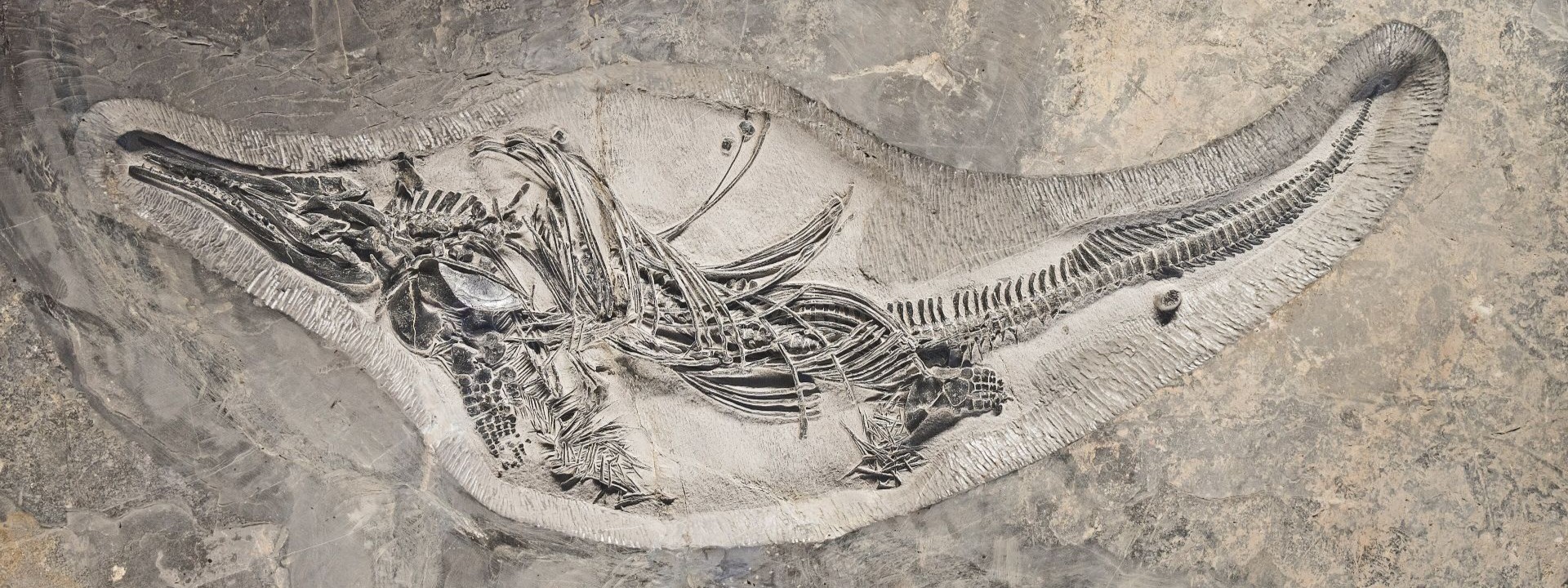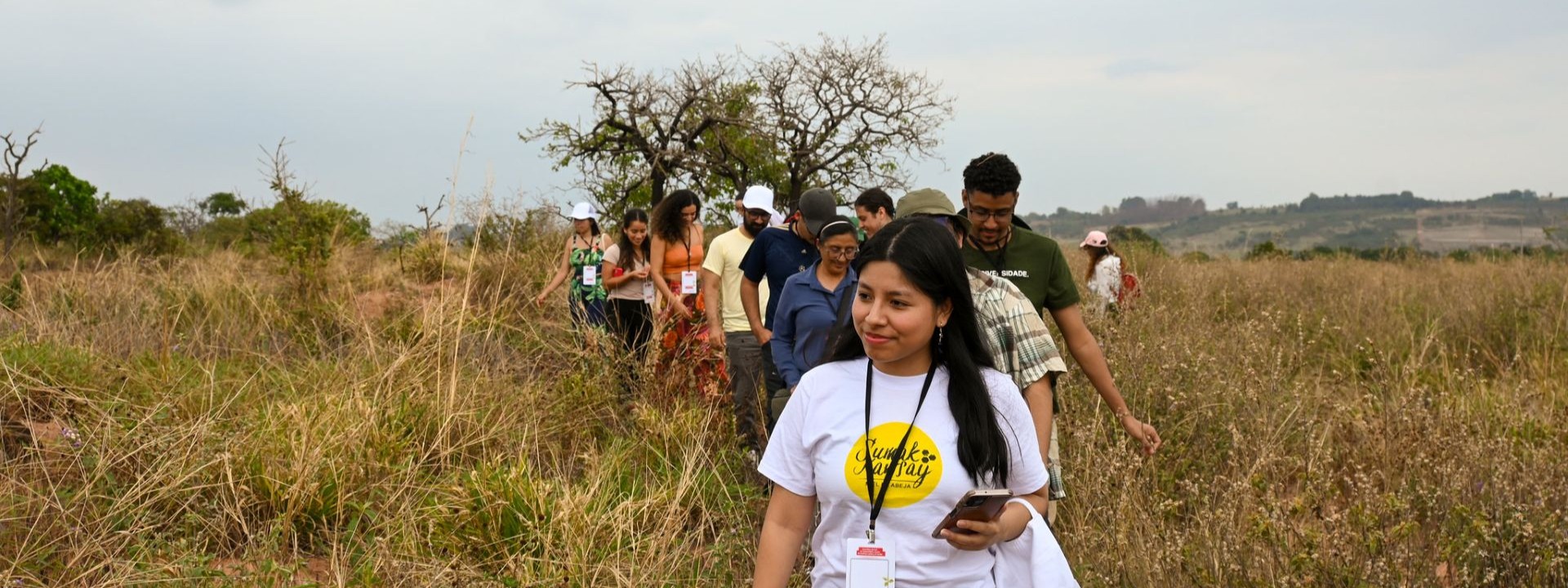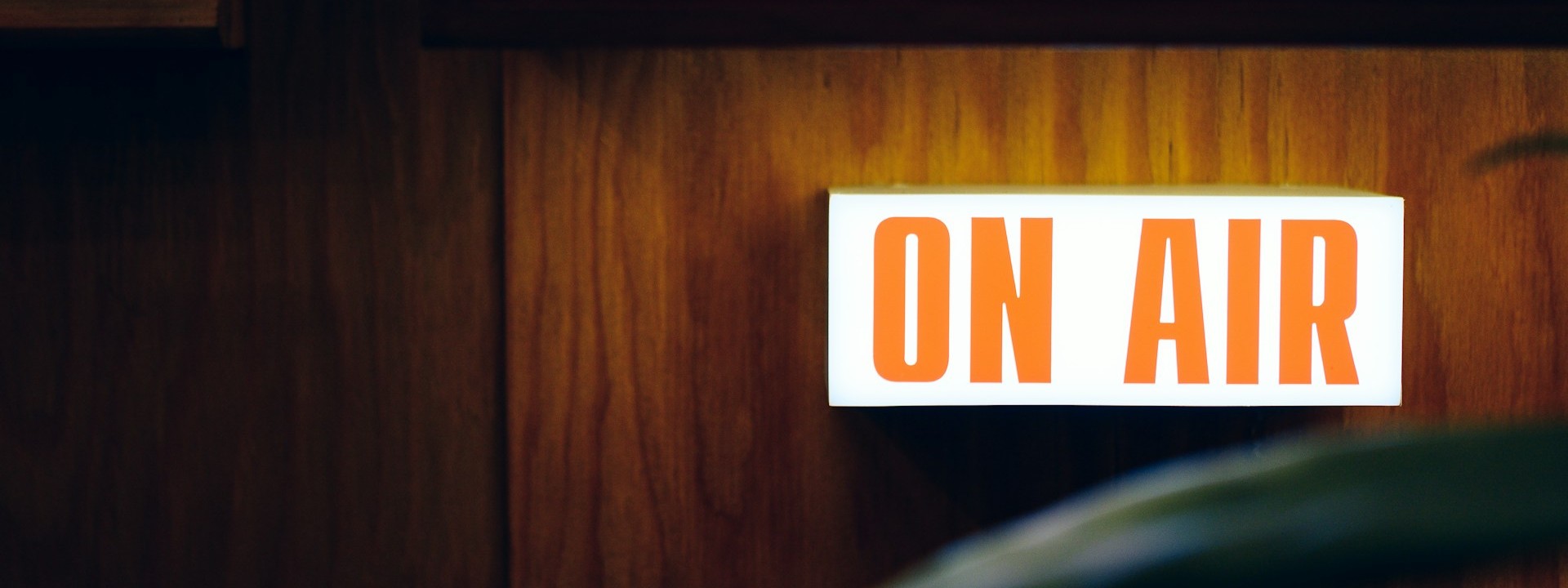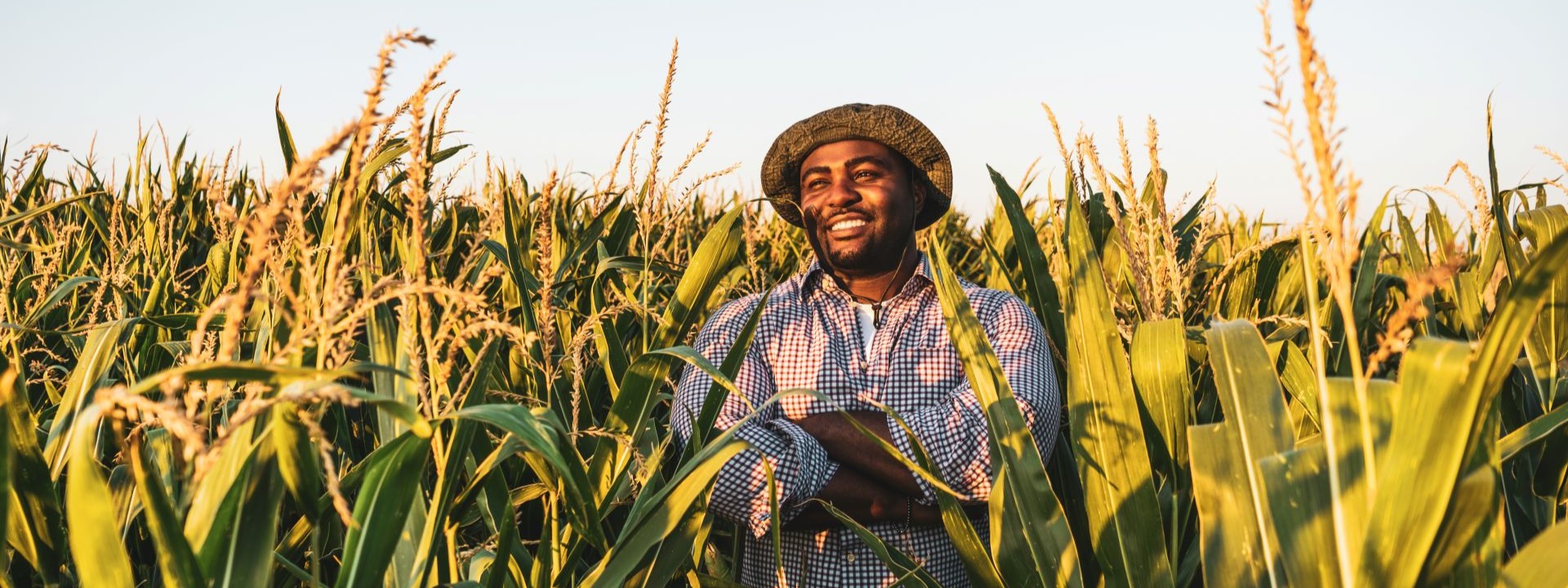Guyanese set example in safeguarding livelihoods, traditions and ecosystems by sustainably managing wildlife
Rupununi, Guyana (11 July 2023) – Wild meat is a source of protein and income for millions of people worldwide, notably Indigenous and rural communities–but also people living in urban areas in the global south. Overhunting could lead to species extinction and food insecurity as well as harm livelihoods, local traditions, and culture.
To address wildlife conservation and food security while considering social and environmental circumstances, CIRAD, WCS, FAO and CIFOR-ICRAF develop the Sustainable Wildlife Management (SWM) Programme in 15 countries. Implemented since 2017 by the Guyana Wildlife Conservation and Management Commission, in coordination with CIFOR-ICRAF, the Programme in Guyana will soon reach the end of its first phase and start a consolidation period.
Working at the local and governmental levels, the SWM Programme–Guyana supports communities in developing and implementing co-management models for wildlife, inland fisheries and turtles. It has also helped entities improve the regulatory framework regarding the use of fish and wild meat. However, even when hunting and fishing generally respect traditional methods, the pressure on wildlife has grown due to increased population, traffic, mining activities and commercial fishing and hunting.
“We support local communities in getting themselves organized, ensuring that their customary rules are enforced and partnering with the government to guarantee that visitors respect customary rules for the use of wildlife and that community members also enforce those rules in their communities,” explained Nathalie Van Vliet, associate researcher at CIFOR-ICRAF, during an online conversation on how sustainable wildlife management is finding success in Guyana.
The SWM Programme–Guyana enters its second phase with clear objectives, of which ensuring the sustainability of community efforts is a main one. The programme will look to facilitate the establishment of sustainable business models that help fund some of the conservation and management initiatives. CIFOR-ICRAF will continue to lead the programme activities in the country, as well as the work on “Consumption of wildmeat becomes sustainable” and on “Monitoring and evaluation mechanism” in the program worldwide.
A strong foundation to scale impact
“It has been an amazing opportunity to work with a five-year framework and have three more years to consolidate the models because those processes take a lot of time,” said Nathalie Van Vliet. “I have been inspired a lot with what has been done in Guyana to implement similar strategies in other countries where I work, such as the Democratic Republic of the Congo and Colombia,” she added.
“One of the programme’s greatest achievements is the communities doing all the fieldwork instead of depending on the scientists. People are very interested, they want to learn, they want to expand their knowledge,” highlighted Oswin David, a Wapichan and a country coordinator for the SWM Programme–Guyana.
Apart from effectively involving communities in the programme’s implementation, evaluation and planning, it has also succeeded in empowering grassroots NGOs. The programme’s local partners have visibly grown, for example in technical expertise and financial management. Also, the programme’s implementation structure of co-management and shared responsibility has allowed for wide knowledge sharing among communities and with the government.
Environmental education is also a pillar of the programme. It mixes scientific and traditional skills learning, taking into consideration that traditions are directly related to wildlife; local communities depend on their natural resources for survival, farming, fishing and other essential daily and cultural activities.
“It is important to teach the youth about conservation and the environment because they can influence their parents and make a change in their adult life. My goal is to pass as much knowledge as possible to them,” said Kim Spencer, a teacher at Sand Creek Secondary School and ranger at South Rupununi Conservation Society (SRCS) Guyana.
CIFOR-ICRAF, along with other global and local partners, will build upon the first phase learnings and successes to keep promoting the sustainable and legal exploitation of resilient animal populations by rural Indigenous Peoples while increasing and diversifying protein supply for the benefit of rural and urban populations.
###
NOTES TO EDITORS
- For more information and/or to arrange interviews, contact Kelly Quintero (k.quintero@cifor-icraf.org)
- Find visual assets in this Trello board. If you need additional materials, contact Kelly Quintero (k.quintero@cifor-icraf.org)
About CIFOR-ICRAF
CIFOR-ICRAF harnesses the power of trees, forests and agroforestry landscapes to address the most pressing global challenges of our time – biodiversity loss, climate change, food insecurity, unsustainable livelihoods and inequity. Learn more at cifor-icraf.org.
About the Sustainable Wildlife Management (SWM) Programme
The SWM Programme is a major international initiative that aims to improve the conservation and sustainable use of wildlife in forest, savannah and wetland ecosystems. It is an Organisation of African, Caribbean and Pacific States (OACPS) initiative, which is being funded by the European Union with co-funding from the French Facility for Global Environment (FFEM) and the French Development Agency (AFD). Field projects are being piloted and tested in 15 participating countries. A dynamic consortium of four partners with expertise in wildlife conservation and food security are implementing the SWM Programme, namely the Food and Agriculture Organization of the United Nations (FAO), the Center for International Forestry Research (CIFOR-ICRAF), the French Agricultural Research Centre for International Development (CIRAD) and the Wildlife Conservation Society (WCS). For more information please visit: https://swm-programme.info/.








Share your thoughts with us